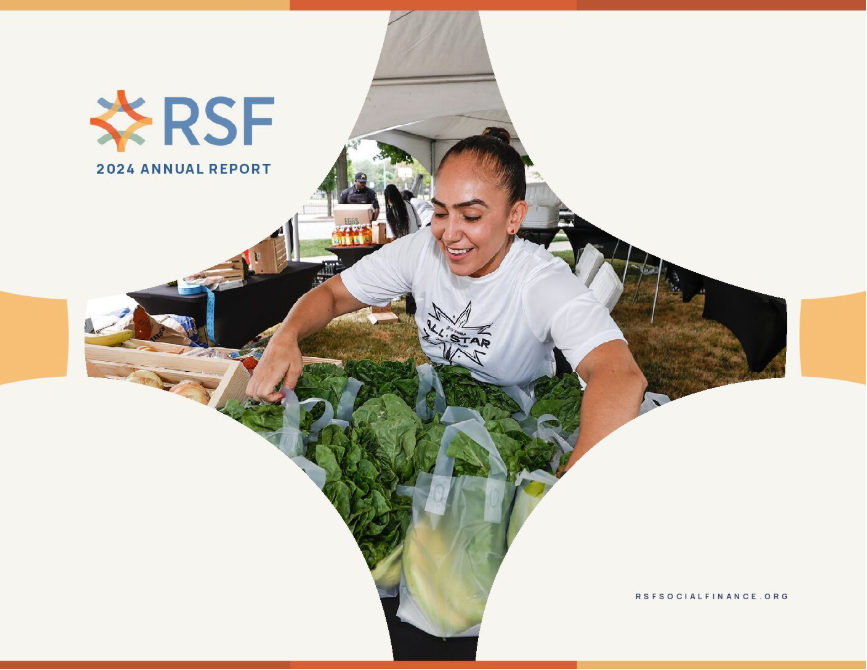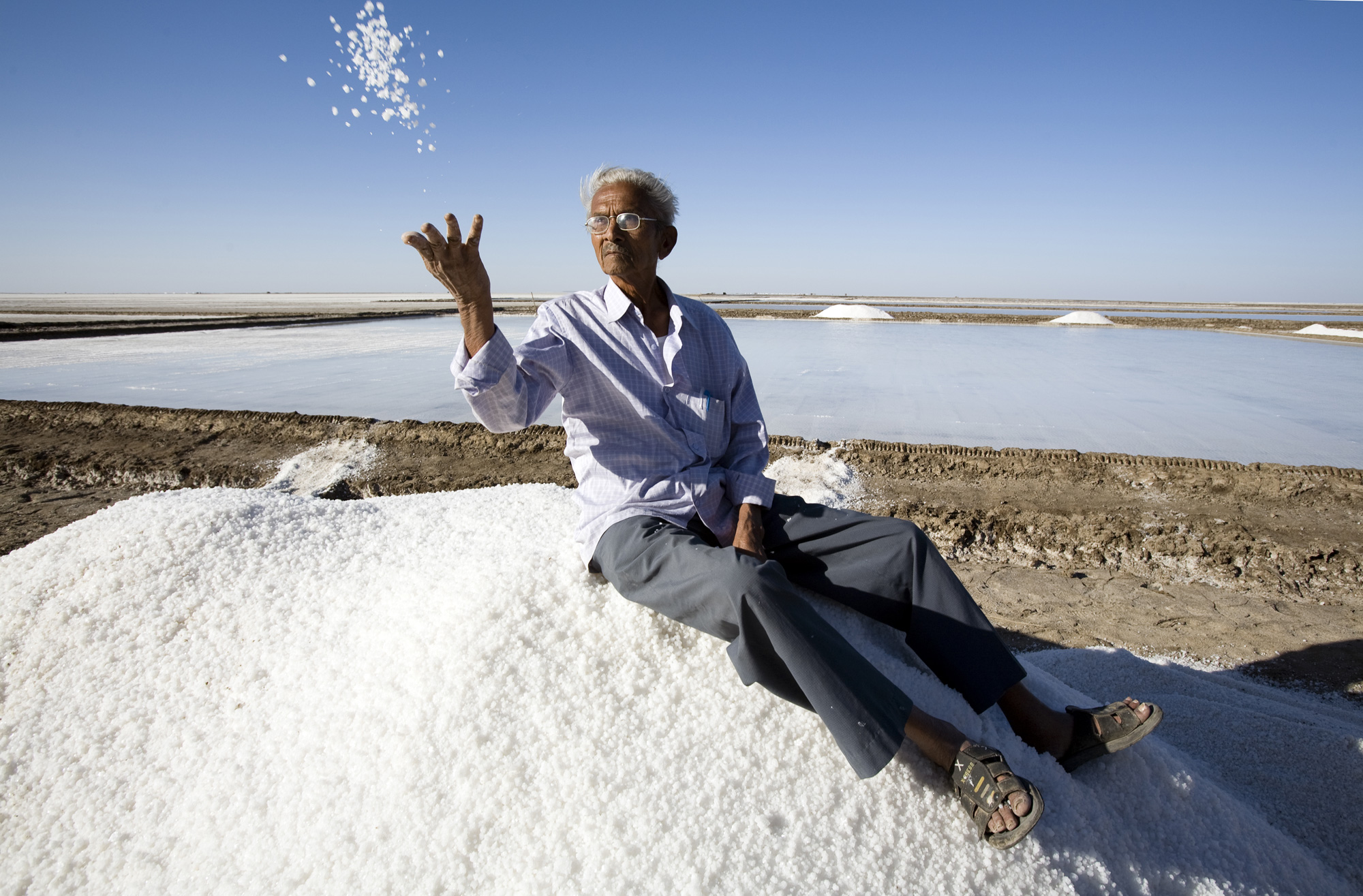In the latest issue of RSF Quarterly, Alex Haber, program manager for philanthropic services, sits down with Sinegugu Zukulu and Margie Pretorius, both of Sustaining the Wild Coast, and Enei Begaye of the Black Mesa Water Coalition for a conversation on protecting indigenous lands around the world.
The Black Mesa Water Coalition and Sustaining the Wild Coast are RSF grant recipients.
Alex: While some in our community may be familiar with what’s been happening with indigenous frontline defenders in the United States, they also may not. I’m sure many in our community are even less familiar with the situation in South Africa. So, I’d love to hear from both of you a summary of what the struggles have been.
Sinegugu: I can kick-start. The Pondoland is one of the 34 global biodiversity hotspots. It has about 200 endemic plants that only grow in our area and about 2,000 indigenous plants. We are fighting against proposed mining by an Australian company. From the onset, people were concerned and opposed the project. The majority here are not interested in mining because it is going to trash our land. It’s going to take away our rangelands, pollute our water sources, and send dust flying all over the place. But the government is determined at all costs to issue the mining license. They did so in 2008, which the government later revoked due to community opposition and revelations of fraudulent processes being followed by the mining company. But the mining company keeps on reapplying, and the government is pushing this project vigorously, using every trick in the book. A major challenge is that the mining company keeps on pumping money into the community with the intention of gaining supporters. They give money to a few individuals and promise peace jobs. We have no electricity, no running water. We have bad roads in our area, and our schools are not up to scratch. The government says all of those things could only be improved when we allow the mining company to operate there. This whole process is dividing the community and causing conflict. A lot of people have died in mysterious ways. Some of them were gunned down, and others died of food poisoning. Much is being done to terrorize the people so that they could ultimately accept what is being proposed. If that particular conflict was not enough, the government is also pushing a toll road—we call freeways “toll roads” in South Africa—that is going to cut through our community. This road is being built on a particular route that aims to support the proposed mine. I’m the first applicant in a high court case to stop the road’s construction. Various other villages have also joined on as applicants. The government is trying to undermine every applicant to nullify the case, which has never been given a date in court.
Alex: Enei, do you see any connections with your situation and struggles?
Enei: I hear a lot of connections. I mean, just that dynamic of government and corporations creating conflict in our communities is the same. They have the same tactics. My tribal government, the Navajo Nation, was essentially built in the 1920s after oil and gas were found. The people who were asked to be the leaders in that tribal government created by the U.S. were people who were going to negotiate mining leases “legally.” Through my husband, I’m now deeply connected to Alaska. Alaska’s whole colonization came from the Alaska Native Settlement Claims Act. It broke up all these tribes and created tribal corporations that then people became shareholders of. Now you have people tied to this system that is all about making money through natural resource extraction. Getting back to your question of public understanding and misunderstanding when you talk about where we’re at today, you have to explain it in the context of the whole history of colonization. People are getting it. Standing Rock represents this moment. Natives are angry, and they want to protect their water. The mainstream media isn’t covering it. Democracy Now and social media will cover the conflict, and occasionally the mainstream media when it gets bad. But it’s all so skewed.
Sinegugu: Thanks, Enei. There are very few tribes in South Africa that can stand up and say no to the government. Because we are doing something which is unheard of regarding the current democratic government, we are seen as a chaotic tribe, as culprits, and as an unruly crowd. We are given all sorts of labels because we know our rights. In our situation, the media has been helpful in the sense that our story is challenging the government, so they like to profile it. But the problem with the media is that it doesn’t follow-up. They will take up your story and write about it today. But tomorrow, they are off to another story. This is the case with Standing Rock. They will only come in when they see heightened violence. I can assure you that the majority of people do not understand why we’re opposing all of these things. The popular lie that’s spread is that we are anti-development because all of these things are said to bring much-needed development to our area.

Alex: I’m interested in this framing of “anti-development” that you mentioned, and how it’s useful for the government to portray your tribe as so. Enei, do you see any parallels in the North American context?
Enei: From the earliest days of colonization on this continent, a tactic for development has been divide and conquer. The U.S. government came in and drew land boundaries and said, Hopi people, this is your land. Navajo people, this is your land. It created all sorts of conflict, which was perpetuated by media that these tribes were in conflict and fighting each other. I think that tactic of constantly making us look like we’re fighting one another—that we’re not cohesive—we have to break that down ourselves. One of the first successes of our Black Mesa Water Coalition work was that we came together as Navajo and Hopi people. Before that, there were Navajo groups or Hopi groups, but there weren’t necessarily Navajo and Hopi groups because we had also bought into this idea that we’re in conflict. Once we came together, we got yelled at by our Navajo and Hopi elders but continued to cooperate with the idea that the water flowing does not know these boundaries. I think some of those divide-and-conquer tactics are used today. Notions that we want to take all these things away from people, like their TVs and their cars. That’s wrong and an oversimplification. But we also need to recognize that we are over-consuming, especially in this country. Winona LaDuke said this over and again, “When you live a community that is overconsuming, it requires constant intervention into other people’s communities.”
Alex: You both touched on very similar topics around different ways of thinking about the economy, about livelihoods, and about what the threat of “development” for your communities.
Enei: Mm-hmm. The dominant culture created this worldview. It’s this idea that something is wasted if it’s not used. That if we’re not using the water, then it’s wasted. Just look at the Colorado River and the Western U.S. water policy built on this idea. The river used to go to Mexico and does not anymore. These worldviews continue to create communities that are in economic hostage situations.
Margie: One of the inspiring aspects of Standing Rock has been the nature of the movement, which has remained non-violent, filled with prayer, and deeply spiritual. Has it been a challenge to keep the movement non-violent?
Enei: Standing Rock has a very spiritual and prayerful foundation. I think that is the power that we’re feeling. I don’t believe that it has been something difficult to maintain. I was down there a couple of weeks ago, and took a group of aunties, grandmas, and sisters– native women–from Alaska down to Standing Rock. And every day, from the morning to evening, people are in prayer at this camp. Where you do see conflict is when police enter a sweat lodge and throw grandparents out on the ground, like they did a few Thursdays ago. This is a traditional ceremonial place for many tribes. The police came in and pulled them out by their legs. And our people remained peaceful. There are no guns, no weapons. There are no drugs. These peaceful people are met with the force of a militarized police.
Alex: How, in your view, can members of the RSF community best be in solidarity with your work?
Enei: I think that there’s a place for everybody in dismantling power and privilege, not only in this country but around the world. That is work that needs to be done by everyone, not just my community. I think that, in some ways, I get scared of funders because funding has been used to dismantle movements. So I think doing the education piece, and understanding where our community is is key. Also, I believe that it’s important for people to know where all that funding people have comes from. We need to work our way out of that cycle.
Alex: And Sinegugu, what about from your perspective?
Sinegugu: From my side? I think that we do need a lot of support. One way of doing so would be to write letters to the South African government to pressure them to listen to the people of Pondoland. Or to protest at South African embassies where they know nothing about Pondoland. And last but not least, the other support we need is financial because the only way in South Africa that we’ll be able to make a breakthrough is by taking the government to court. We need money to pay our legal teams and, in most cases, we need unrestricted funding to demonstrate an alternative in the form of ecotourism.
Margie: The other thing that comes to mind is the growing interest from academic institutions overseas to come and visit Pondoland because of its unique diversity and natural beauty. We’ve had several groups of students visit and that does many things. It brings money into the area to support community-based tourism. It also contributes to what could become a significant movement of overseas academic interest in the area, which then helps people become passionate ambassadors for Pondoland.
Enei: Can I add a point that I was thinking as you both were talking? It’s about our need to be ready to govern once we stop the bad and build the new. We need candidate training programs. We need to get people into the systems of government that have a strong foundation and a just transition framework so that they can help us reform and reshape the system.
Alex: I’m glad you brought up the just transition framework. I don’t know if that’s a phrase you use as much in South Africa, but it’s a framework I’ve heard a lot about here in North America. It deals with how to pair ideas of resisting old and bad systems, while building new ones at the same time to transition away from an extractive economy. It’s a robust framework that encapsulates a lot of what we’ve been discussing. Great. Well, thank you all for taking the time to talk. It’s been fascinating to hear the connections and the global context of indigenous defenders.


